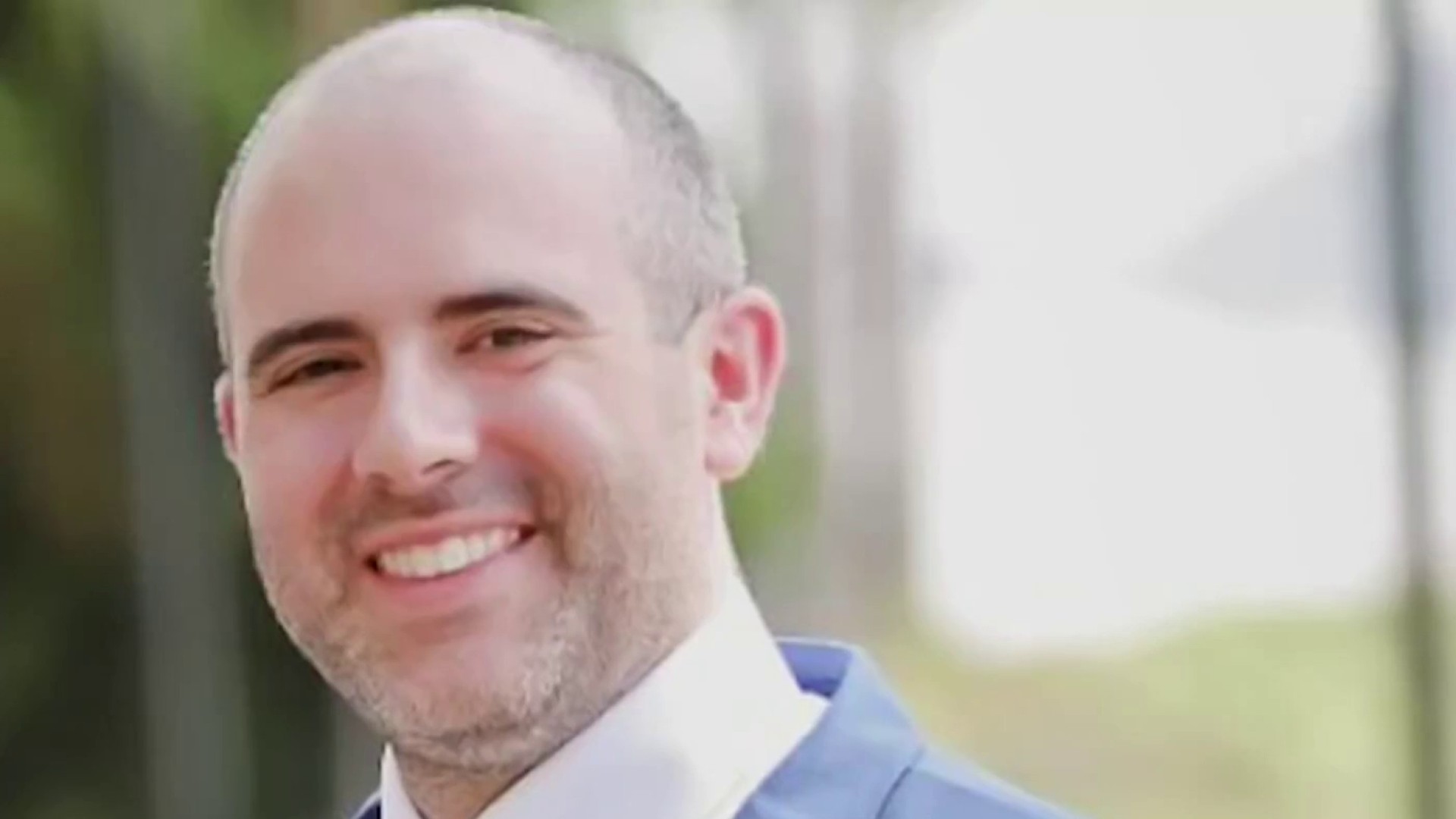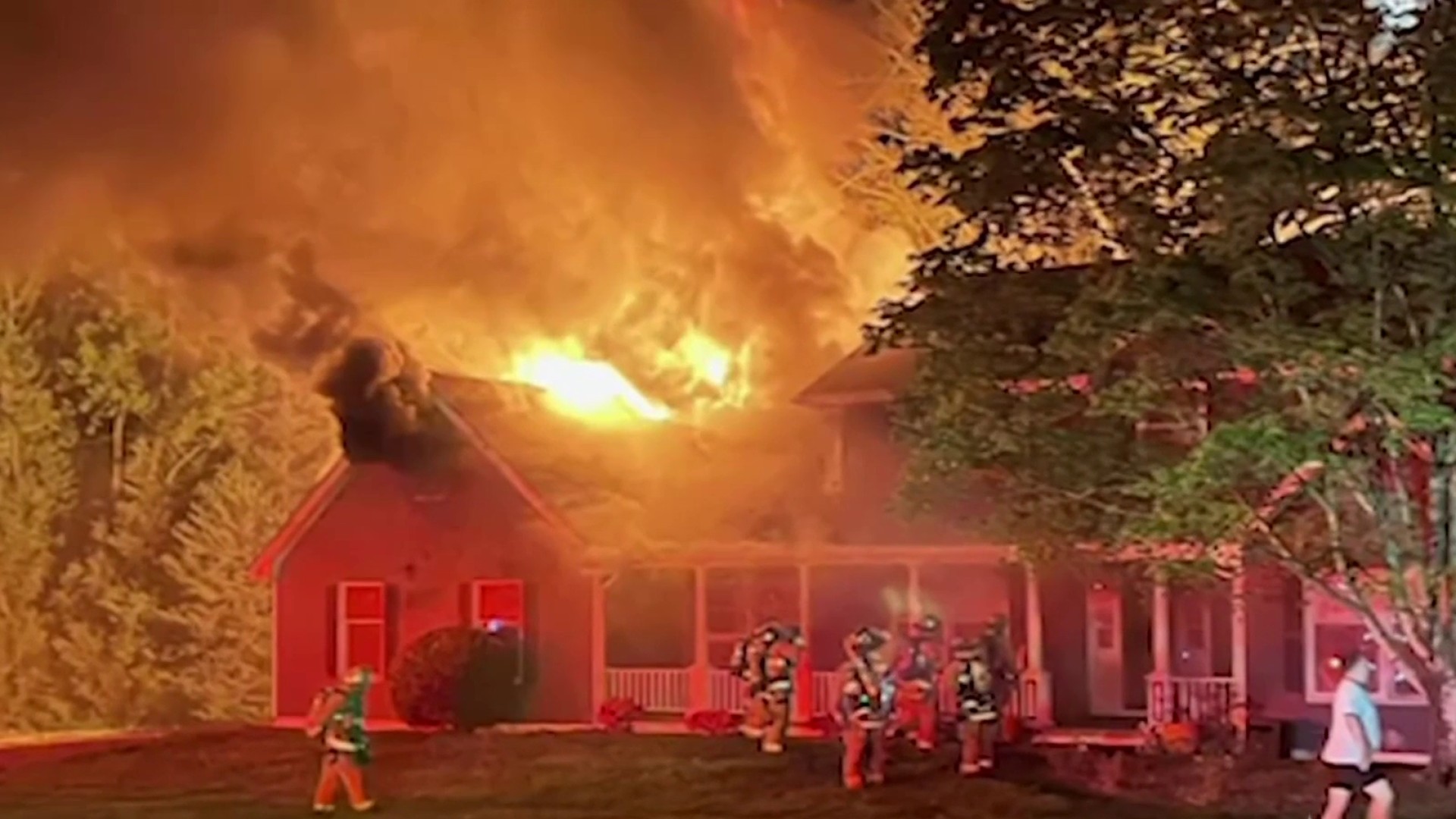Was it a shrewd move by Virginia Gov. Bob McDonnell, or was it blackmail by the Redskins? And why wasn't the commonwealth's top legislative budget writing and oversight panel involved in the decision?
That final question led to an hour-long meeting Monday as Republicans and Democrats tried to get answers regarding McDonnell's $6.5 million deal that kept the Redskins in Virginia instead of packing up and moving to the District or Prince George's County.
According to the Associated Press, senior McDonnell administration officials were grilled repeatedly and without success to validate claims that the wealthy Redskins would leave their massive Loudoun County headquarters and training facility if the new deal was not struck.
More from AP:
House Appropriations Committee Chairman Lacey Putney said McDonnell knew the legislature opposed the Redskins' incentives. Yet, Putney says the governor proceeded anyway without ever notifying him or other senior lawmakers.
McDonnell's chief of staff said after the inquisition that some panel members were told, but could not identify them.
Two weeks ago, Virginian-Pilot columnist Roger Chesley said the deal to keep the Redskins in Virginia was the right decision, but he thinks it was coerced.
I hate being blackmailed.
The state of Virginia should, too.
Yep, blackmail is exactly what the Washington Redskins did to the commonwealth. It's why Gov. Bob McDonnell forked over $4 million in taxpayer money to the National Football League team and its wealthy owner, Dan Snyder.
Both Chesley and Reason.com's A. Barton Hinkle compared the Redskins deal with McDonnell's decision to reduce public funding for public broadcasting in the state.
Local
Washington, D.C., Maryland and Virginia local news, events and information
At the height of the public-radio debate last spring, the governor argued that "in today's free market, with hundreds of radio and television programs, government should not be subsidizing one particular group of stations. We must get serious about government spending. That means funding our core functions well, and eliminating spending on programs and services that should be left to the private sector.”
Amen to that. But there is at least a case to be made for public broadcasting. Supporters say it provides content otherwise unavailable to the viewing and listening public. Without public money, goes the argument, rare and special voices would fall silent.
No such case can be made about football, one of the most popular forms of entertainment in America.
Because football is so popular with the people, you'll find few who disagree with what McDonnell's administration did. But it is obvious that some don't like the way he went about it.
That debate, it seems, will continue well into next season.



